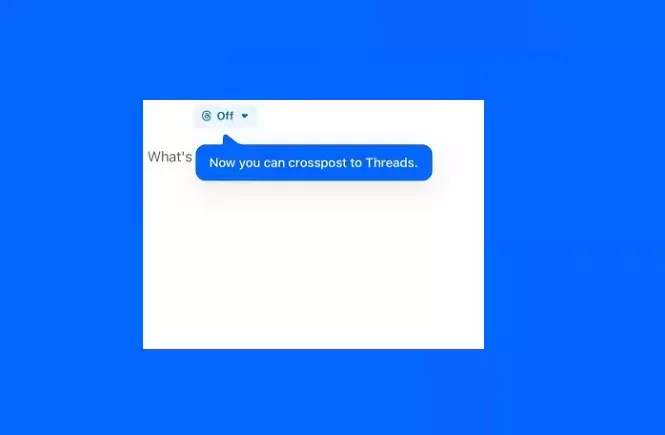When considering the recent test launched by Meta regarding cross-posting between Facebook and Threads, it is essential to analyze the potential implications of such integration from multiple perspectives. While the concept may seem appealing on the surface, it is crucial to delve deeper into whether this move is truly in the best interest of users on both platforms.
The introduction of a toggle to enable cross-posting between Facebook and Threads raises questions about the impact on user experience. Will users really benefit from sharing the same content across both platforms? Furthermore, do Threads users genuinely want to see replicated updates from Facebook in their feed? This integration may lead to a dilution of the unique value proposition that Threads offers and could result in a less engaging user experience overall.
Meta’s broader strategy of facilitating cross-pollination of content across its platforms, including Instagram, Facebook, and now Threads, aims to maximize the reach of user-generated content. While this approach can increase engagement and visibility, it also runs the risk of homogenizing the content across platforms. Each social media platform serves a specific purpose and caters to a distinct audience, and integrating Threads too closely with other apps may compromise its identity and relevance.
One of the primary concerns with the integration of Facebook and Threads is the potential for lazy posting among users. The ability to re-share updates across multiple platforms easily could lead to a flood of duplicated content, diminishing the uniqueness and quality of the Threads experience. Additionally, the shift towards AI-recommended updates and a focus on positivity may not align with the expectations and preferences of Threads users, who may value authenticity and real-time updates over algorithm-driven content.
While Meta’s data-driven approach and focus on user engagement have historically led to success, it is essential to consider whether the integration of Threads with Facebook aligns with user expectations and platform objectives. The divergence in user behavior and content consumption patterns across different social media platforms suggests that a one-size-fits-all approach may not be suitable for Threads. Maintaining a clear differentiation and unique value proposition for Threads is crucial in retaining and attracting users who seek a specific type of social networking experience.
The integration of Facebook and Threads presents both opportunities and challenges for Meta. While the company’s intention to drive user engagement and content sharing is commendable, it is imperative to consider the impact on user experience and the overall identity of Threads as a standalone platform. By reassessing the integration strategy and taking into account user feedback and preferences, Meta can ensure that Threads remains a valuable and distinct social media platform in the ever-evolving digital landscape.


Leave a Reply